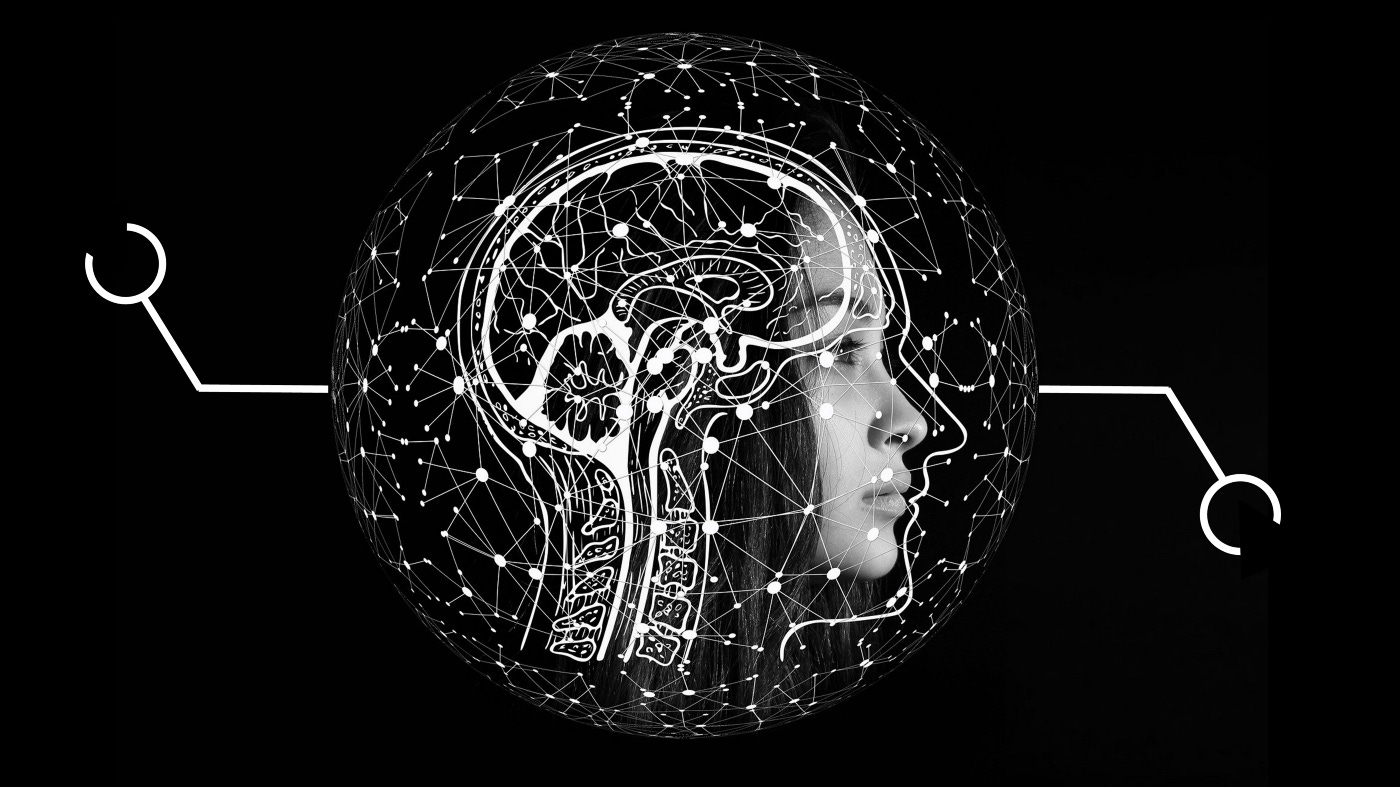Who can learn artificial intelligence?
Interest is all you want to learn anything in your life !!!
Artificial Intelligence (AI) is a rapidly growing field that is transforming the way we live and work. AI is becoming increasingly important in many industries, from healthcare and finance to transportation and manufacturing. As such, there is a growing interest in learning AI, but many people may wonder if they are qualified to do so. In this blog post, we will discuss who can learn artificial intelligence and what you should know to get started.
First and foremost, anyone can learn artificial intelligence, regardless of their background. AI is not limited to computer science majors or those with a technical background. In fact, individuals from a variety of fields, including business, finance, healthcare, and law, can benefit from learning AI. However, having some basic knowledge in math, statistics, and programming can be helpful in understanding AI algorithms and models.
For those interested in learning AI, there are several key areas to focus on. These include:
Programming languages: One of the most important skills for learning AI is knowing how to program. Some of the most commonly used programming languages in AI include Python, R, Java, and C++. Python is a popular language for AI due to its simplicity and ease of use. Knowing one or more of these programming languages is essential for building and implementing AI models.
Statistics and mathematics: AI heavily relies on statistics and mathematics to create and analyze models. Understanding probability theory, linear algebra, and calculus is essential to understanding many of the AI algorithms and models. Additionally, having a strong foundation in statistics is crucial for designing and evaluating AI models.
Machine learning algorithms: Machine learning is a subfield of AI that involves building algorithms that can learn from data. Understanding the different types of machine learning algorithms, such as supervised and unsupervised learning, is important for building effective models. There are several online courses and tutorials available that can teach you the basics of machine learning.
Deep learning: Deep learning is a subset of machine learning that involves building neural networks. Neural networks are used to recognize patterns in data, such as images and speech. Deep learning is used in many applications, such as self-driving cars and facial recognition. Understanding how neural networks work and how to build them is a key skill in AI.
Natural language processing: Natural language processing (NLP) is a subset of AI that involves teaching machines to understand and interpret human language. NLP is used in applications such as chatbots and language translation. Knowing the basics of NLP is important for building these types of applications.
In addition to these technical skills, there are several other skills that can be helpful in learning AI. These include:
Critical thinking: AI involves analyzing and interpreting data to solve complex problems. Having strong critical thinking skills is important for designing effective models and interpreting the results.
Creativity: AI involves finding creative solutions to complex problems. Being able to think outside the box and come up with innovative solutions is important in AI.
Collaboration: AI projects often involve working in teams with individuals from different backgrounds. Being able to collaborate effectively is important for creating successful AI projects.
Communication: Being able to communicate complex technical concepts to non-technical stakeholders is important in AI. Being able to explain the results of AI models in plain language is essential for gaining buy-in and support from stakeholders.
In conclusion, anyone can learn artificial intelligence, regardless of their background. However, having some basic knowledge of math, statistics, and programming can be helpful in understanding AI algorithms and models. Learning AI involves focusing on programming languages, statistics and mathematics, machine learning algorithms, deep learning, and natural language processing.




